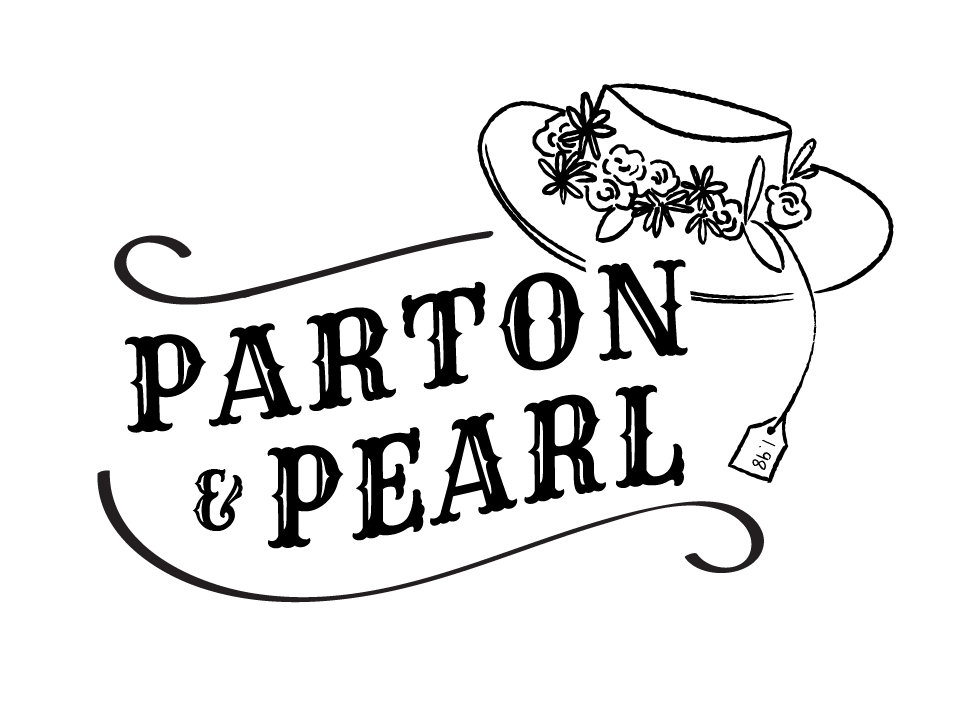Toronto Fringe Review: See You Tomorrow - A True Story
Iris Bahr starts See You Tomorrow center stage and is captivating. Wearing simple theatre blacks, and minimal technical staging, she pulls us into a world filled with feminine premonition, ancient mother ties, and modern quips. Her storytelling takes us to NYC, Los Angeles, Haifa, and Jaffa, all the while voicing the almost unearthly cord she shared with her mother.
The show, roughly 60 minutes, is almost disarming in its ingenuity about grief, suffering, and loss. Disarming especially because of the backdrop of this story is where there is an ongoing genocide. Although the writer/actor takes us on many emotional touchstones, Iris ends the show with a post-show speech (a festival tradition) thanking the audience for witnessing her humanity, and the humanity of what she experienced in this tale. See You Tomorrow depicts being severed from her mother’s codependency to pursue her own independence, having to micromanage her mother’s rush to the hospital from two oceans away, watching her mother’s mental and physical decline, and even traveling back in time to an indelible memory of Saddam Hussein’s aim on Israel, where the despot used nerve gas indiscriminately on civilians.
If the personal is political, this personal story chooses to couch the very political backdrop; Israel and Palestine. Although entertaining, funny, charming, and even poignant at times, the lack of even a brief mention of the current genocide on the Palestinian people felt grotesque. Whereas I’d like to abstain from making assumptions about the writer’s intentions, it must be stated it felt like a gross oversight.
It is a comfortable platitude to invite each other to see our humanity reflected in one another to bridge a gap of commonality. The truth is, it’s often the naked humanity, ugly and raw, of the most marginalized that further legitimizes the violence against them. The people of Sudan, Palestine, Congo, Haiti, etc are muzzled and limited in how they can tell their stories, and especially who can hear them. The retelling of which with hindsight and insight, humour or charm, is denied them a curated medium, and we can see that in the countless artists, journalists and scholars targeted specifically because of their ability to communicate the collective grief, suffering, and loss that they are witnessing.
See You Tomorrow: A True Story is on now until July 13 at the Toronto Fringe. Show times and tickets.




Nashville Hurricane: A Curious Tale of Finger Pickin’ Fury runs May 7-11 at the CAA Theatre